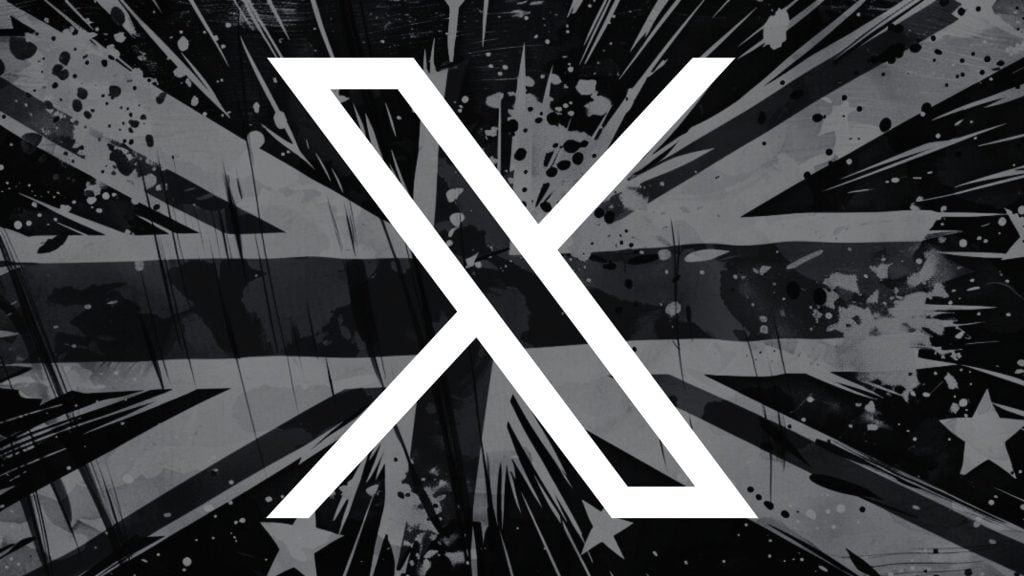Copyright holders and their ever resourceful legal representatives in the United States are by no means giving up on asserting their monetary rights and challenging some by now well-established practices – even if it might end up creating a new golden age for copyright trolls.
Reporting about this, TorrentFreak looks into the possible revival of the so-called DMCA subpoenas.
The DMCA – the Digital Millennium Copyright Act – is a US copyright law, largely criticized, but also largely applied since it had been adopted in 1998.
One of the goals it managed to achieve was to obliterate file-sharing services such as Napster – but more decentralized peer-to-peer (P2P) technologies followed, and remained a problem difficult to solve.
TorrentFreak writes that the Recording Industry Association of America (RIAA) a decade or so ago turned to utilizing DMCA subpoenas as a quick and cheap fix that did not require an actual federal lawsuit and a judge to approve it – with a court clerk’s signature serving the purpose.
But, according to the report, ISPs quickly started asserting their role as merely traffic providers – rather than parties storing any copyright infringing material – as their role in the P2P universe in fact is.
In order to prosecute, copyright holders would have to move against actual downloaders via regular subpoenas – a much costlier route that has largely been abandoned.
But now a Hawaii-based attorney Kerry Culpepper has gone down this old route, filing a DMCA subpoena against Verizon – instead of a regular subpoena – representing the copyright holders for the movie “Hunter Killer,” said TorrentFreak.
And Culpepper has been successful.
Culpepper wants the ISP to reveal the identities of 20 IP addresses on the network accused of sharing a copy of the movie using the agnostic BitTorrent protocol.
The decision could set a precedent and open the floodgates for a new wave of copyright trolling – but TorrentFreak is also concerned about what might happen to those accused of directly pirating the said material.
Judging by what Culpepper did in the past – individuals are unlikely to be in the cross-hairs here. Instead, the software that users deploy to “pirate” copyrighted material might be in the true target.
If you're tired of censorship and dystopian threats against civil liberties, subscribe to Reclaim The Net.









